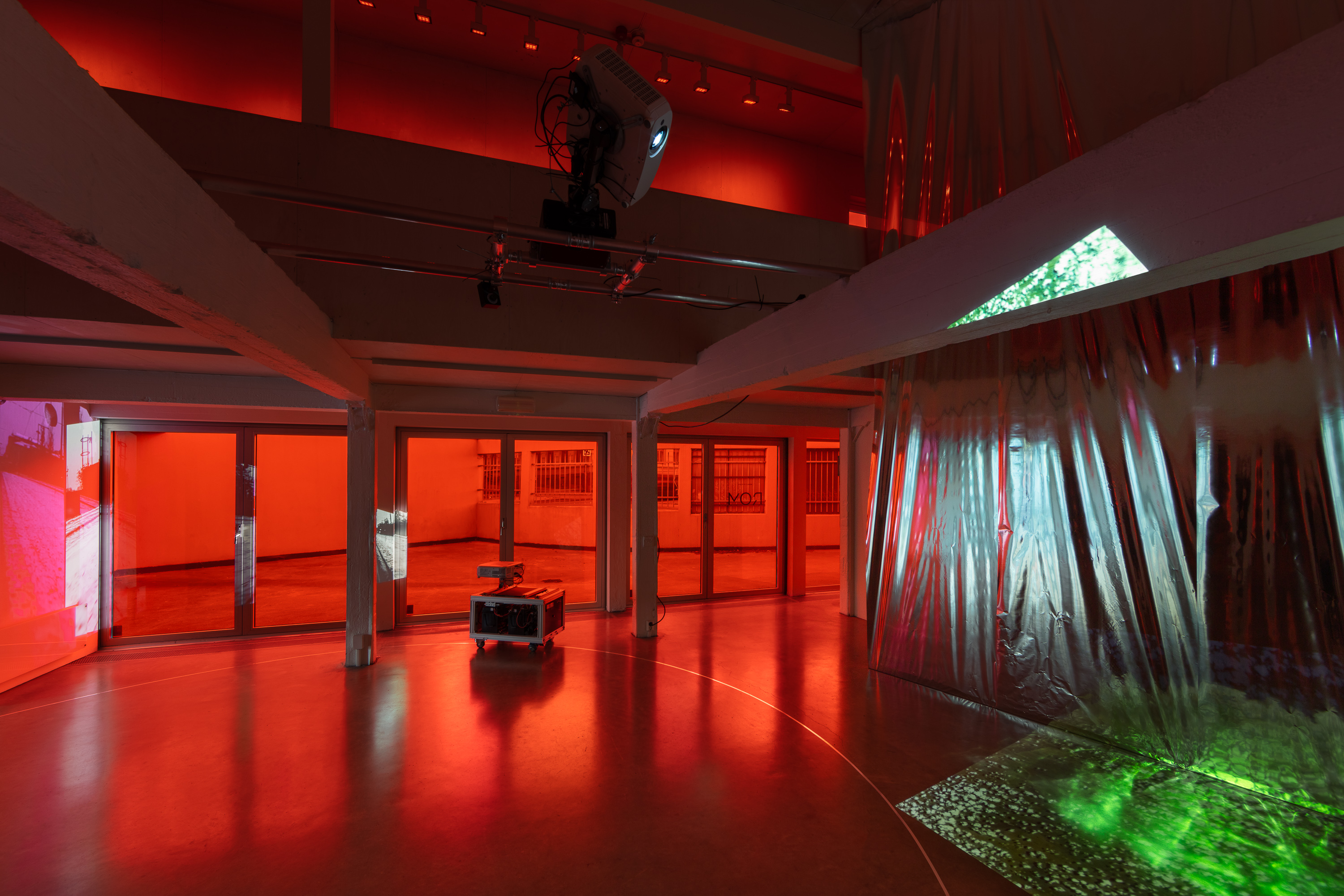You are in: research
Urban Ecologies (2020-2022)
Urban Ecologies: City Sensing Beyond the Human is a collective artistic research project at ROM for Art and Architecture initiated by Bull.Miletic. The project explores a number of perspectives on urban knowledge in times of rapid technological development and environmental crisis.
Research contributions come from the field of art and architecture and the approaches range from academic research to artistic and practice-based development. What forms of urban knowledge are left behind when data and algorithms from the increasingly ubiquitous network of distributed sensor technologies control the city and urban development? The project develops collaborative methods of artistic research in which supervision, feedback, and public dissemination transform the exhibition space into a spatial open-ended research platform.
In her essay "A City is Not a Computer," Shannon Mattern shows how metaphors of the city frame conceptions of urban knowledge. A current trend is to see the city as a computer, where so-called smart city solutions produce the ideal citizen through continued processes of optimization. The driving force behind this metaphor is a surge in the development of networked sensor technologies with the potential to map and operationalize city atmospheres down to the smallest grain of dust. The idea of the city as a computer also inflicts the ongoing race to develop self-driving cars, which causes fierce competition in the production of real-time high definition maps that generate code-space for both humans and machines.
In the smart city, a large proportion of sensor technologies—the so-called Internet of Things—will produce the city and its inhabitants as data points. Most systems will have very special tasks to solve, such as finding a free parking space in the city. However, Jennifer Gabrys has made us aware of how sensor technologies shape our environment. The urban environment is not a passive backdrop on which humans and technologies operate, but is rather an active environment created in a continuous process. Therefore, it is important to assess how different environments and environmental conditions arise and are programmed through these technologies. This must be seen in an urban ecological perspective where all forms of activity have both assumed and unforeseen ripple effects.
The term "urban ecology" does not only describe a meeting point between city and nature, or measures that will make the city greener. What we are looking at is rather urban development as an evolutionary process where people, materials, and technology have been in a mutual influence throughout history. In our research, therefore, we do not focus only on the human being as an actor but study how nature, technology, and materiality have been and are active participants in processes of urban development. The Urban Ecologies project is thus critical of a fast-paced data-driven urban development where citizens in the broadest sense are not allowed to participate in decision-making processes.
The researchers in Urban Ecologies, approach the idea of the smart city by developing a variety of methods to recognize, study, and discuss the multiple other forms of urban knowledge, be they human or nonhuman that figure among Oslo’s urban ecologies. The different sub-projects have emerged out of a long-term collaborative process with the exhibition space ROM for Art and Architecture. In this sense, urban ecologies are also indicative of how this research group works in participatory processes where the works are allowed to develop in interaction with each other over time.
 Time to Reflect Raality
Time to Reflect Raality